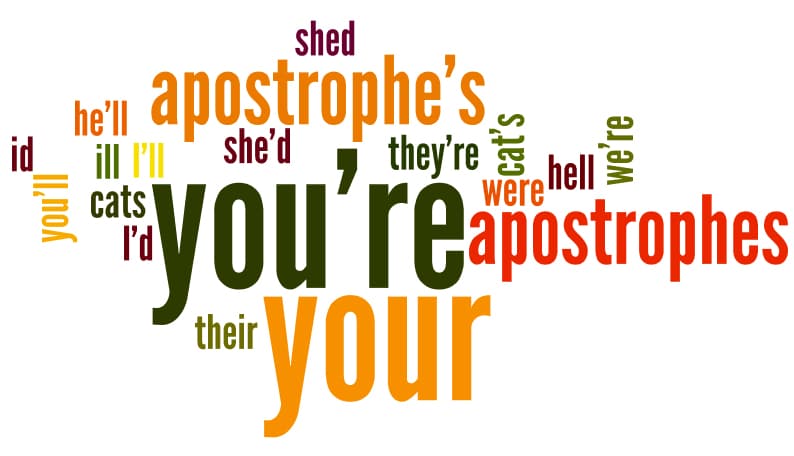If in doubt about whether to use a capital letter for something, the answer is usually ‘don’t’! In academic writing, where the subject matter seems important, we emphasise the people, institutions or subject matter with capital letters. More often than not, we shouldn’t.
Understanding the Basic Rules of using Capitals
There are clear circumstances in which capital letters must be used. Understanding these rules is essential for producing professional and polished writing. Most of us have learned to capitalise proper names, such as cities like ‘London’ or ‘Edinburgh.’ We also know that names of companies or institutions like ‘Yahoo’ or ‘Google’ require capitals. However, it’s important to remember that unless you’re referring to a specific proper noun, capitalisation is not necessary. For example, just as you wouldn’t capitalise everyday words like ‘pig’ or ‘horse,’ there’s no reason to capitalise terms like ‘carbon dioxide’ or ‘lieutenant.’ The exception occurs when these terms form part of a proper name, such as ‘Lieutenant Jim Thompson,’ where the title becomes a formal name.
In addition to proper nouns, another key rule involves the correct use of capital letters in titles or headings. While the first and last words of a title should be capitalised, small connecting words—such as ‘from,’ ‘and,’ ‘the,’ and ‘of’—generally remain lowercase unless they appear at the start. For example, in the subtitle ‘Findings from the Study Group,’ ‘from’ and ‘the’ should stay in lowercase. Overusing capital letters on minor words can disrupt the flow of your writing and distract from the key terms. By consistently applying these guidelines, you ensure that your use of capital letters is accurate, contributing to a more organised and professional presentation of your work.
Titles and Headings: Getting It Right
Another key rule involves the correct use of capital letters in titles or headings. While the first and last words of a title should always be capitalised, small connecting words—such as “from,” “and,” “the,” and “of“—generally remain lowercase unless they appear at the start. For example, in the subtitle “Findings from the Study Group,” “from” and “the” should stay in lowercase. Overusing capital letters on minor words can disrupt the flow of your writing and distract from the key terms. By consistently applying these guidelines, you ensure that your use of capital letters is accurate, contributing to a more organised and professional presentation of your work.
Specific Cases Where Capitals are Necessary
There are certain cases where capitalisation is essential to convey the correct meaning and maintain clarity. Some of the most common cases include:
- Days of the week, months, and holidays: Always capitalise names of days, months, and holidays, such as “Monday,” “July,” and “Christmas.” These are specific names, not generic terms.
- Languages and nationalities: Capitalise the names of languages, nationalities, and ethnic groups, such as “French,” “English,” or “Japanese,” as these refer to distinct identities and linguistic categories.
- Academic subjects as proper nouns: In formal settings, subjects like “English Literature” or “French History” are capitalised as they refer to specific courses of study. However, general subjects like “mathematics” or “science” do not require capitalisation unless they are part of a formal course title.
Avoiding Overuse of Capital Letters
Using too many capital letters can disrupt the natural flow of your writing and make it appear cluttered or overly formal. Overuse can also distract readers, causing them to focus on words that don’t require emphasis. To create a cleaner and more professional appearance, reserve capital letters for terms that genuinely need them, and avoid unnecessary capitalisation in general.
Still Struggling to Understand When to Capitalise?
Struggling to understand when to capitalise? Don’t worry! We offer expert proofreading and editing services tailored to your specific needs. Our goal is to ensure your writing is polished, professional, and clear. Whether you’re working on an academic paper, business document, or any other written content, we will help refine your language and enhance the overall quality of your work.
Contact us today by visiting our website or giving us a call and see how we can help!
Some helpful resources:
GrammarBook – Capitalisation Rules
“GrammarBook is a helpful resource for learning proper capitalisation rules, providing easy-to-follow explanations and quizzes to test your knowledge.
BBC Learning English – Grammar and Capitalisation
BBC Learning English offers resources to help you understand the rules of capitalisation, including interactive exercises for practice.






